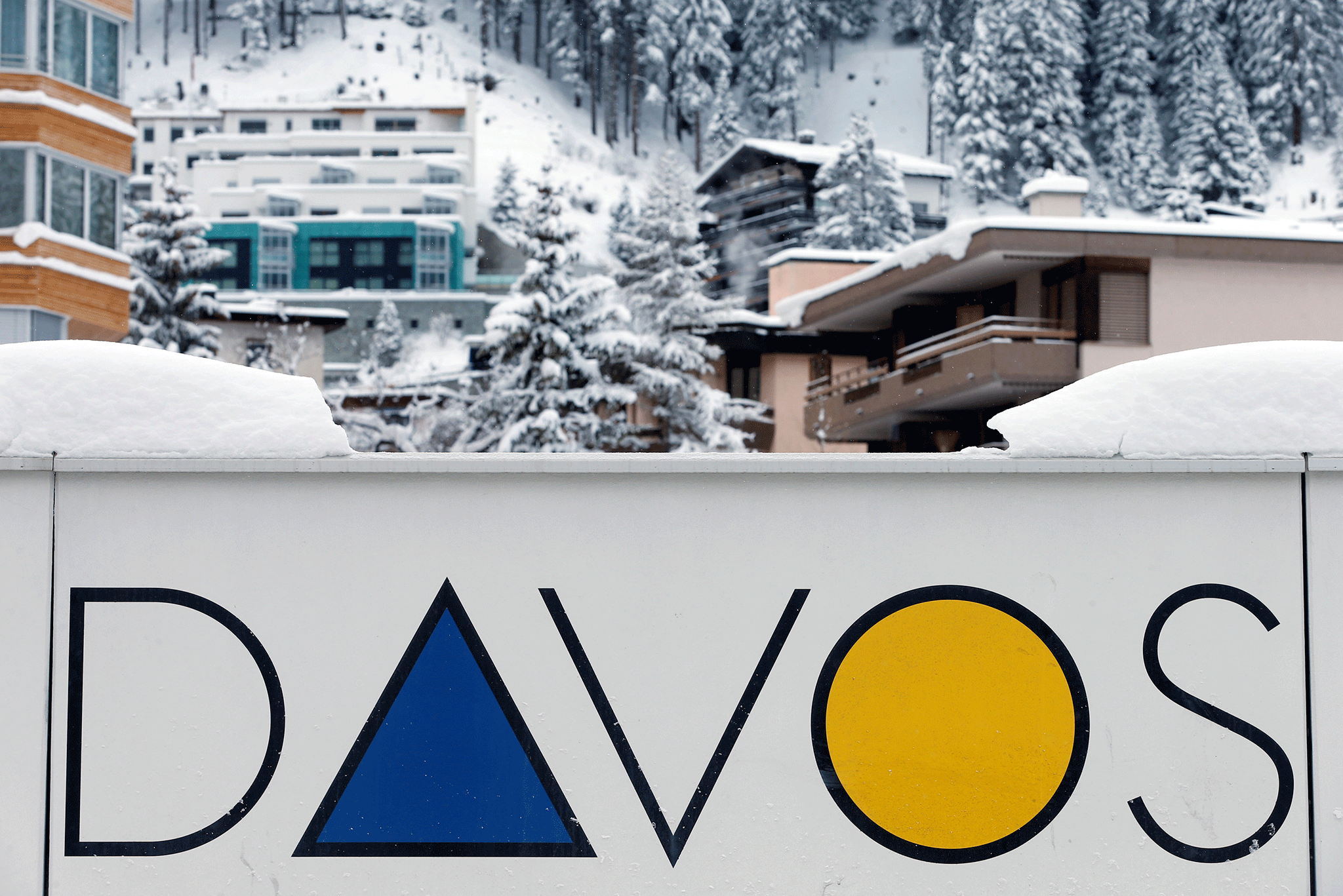I saw enough at Davos to convince me that the global elite isn't interested in ending inequality
Everywhere I turned men and women in suits were talking deals, deals, deals. Never in my life have I heard the word ‘deal’ used so many times.

Your support helps us to tell the story
From reproductive rights to climate change to Big Tech, The Independent is on the ground when the story is developing. Whether it's investigating the financials of Elon Musk's pro-Trump PAC or producing our latest documentary, 'The A Word', which shines a light on the American women fighting for reproductive rights, we know how important it is to parse out the facts from the messaging.
At such a critical moment in US history, we need reporters on the ground. Your donation allows us to keep sending journalists to speak to both sides of the story.
The Independent is trusted by Americans across the entire political spectrum. And unlike many other quality news outlets, we choose not to lock Americans out of our reporting and analysis with paywalls. We believe quality journalism should be available to everyone, paid for by those who can afford it.
Your support makes all the difference.This month the world’s 1 per cent are gathered in Davos, Switzerland, at the World Economic Forum (WEF). Their goal? To reshape our world and to turn inequality on its head. Having joined them for the first time this year, my assessment is that this particular group will not, and does not, intend to save the world.
Being in Davos was a dream come true for me. A few years ago during one of my talks on LGBT rights in emerging markets, a young man in the audience suggested that the best place for my talk would be at Davos. So when Open for Business, a brilliant organisation working hard to be the conscience of capitalism, invited me to speak this year, I was overjoyed.
Arriving in Davos, it was very clear to me from day one that 90 per cent there are disconnected from the people of the world they are trying to save and, frankly, more interested in proving to each other their own worth. I was shocked to actually hear that Uber Copter – the process of using helicopter as you would use a taxi – is normal around here. Everywhere I turned, men and women in suits were talking deals, deals, deals. Never in my life have I heard the word “deal” used so many times.
The cost to attend Davos means that it’s targeted at elites. Then even within Davos there is a class hierarchy. To be WEF partner, you have to pay £250,000 annual membership fee as “strategic partners”, then pay £18,000 for each member of their delegations. These are the only people who can attend any and all events. I dubbed them the first class. I was part of the middle class. Our badges cost around £500 and gave us limited access. If you happened into the first-class area by mistake, you faced the mean-looking securities personnel.
Davos is also largely for white men. A whopping 85 per cent of the participants in Davos are men and over 95 per cent are white. There were panels talking about diversity that shamelessly lacked diversity.
Of course, it was not all doom and gloom. Our panel about the frontline of LGBT activism ignited a conversation on the need to bridge the gap between capitalism and social justice issues. Our panel, however, was not part of the main event.
The irony of Davos is the events that will actually change the world are happening at the fringes. During one of my “I need to take a breath from all this” breaks, I discovered “The Female Quotient,” a brilliant initiative tackling gender pay gap and lack of diversity for women and trans women across the world. The quality of discussion was enriching and the panelists actually knew what they were talking about.
I believe WEF can be a force for good, but only if it allows the diverse range of people that feel the impact of the economic decisions taking place to be at the table – and for the elite to listen to them.
Join our commenting forum
Join thought-provoking conversations, follow other Independent readers and see their replies
Comments